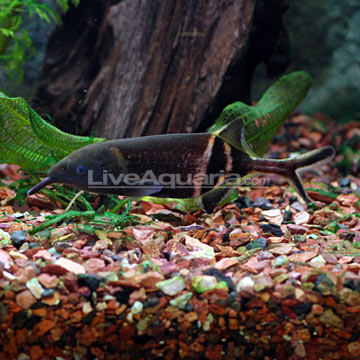Ljk09
Aquarium Advice Freak
Does anyone have any experience with these fish? I know they get fairly large and are somewhat 'peaceful' I'd really like to own one but want to do my research. I have mollies and platys in my tank so I just want to make sure they're compatible. I also have black kuhli loaches. I'd hate for them to mistaken as a long wiggly worm!

